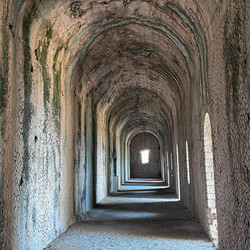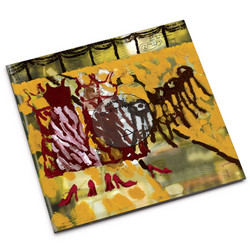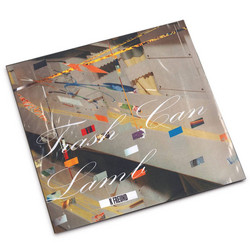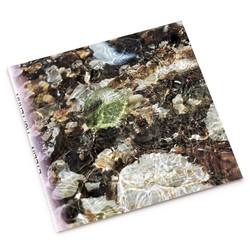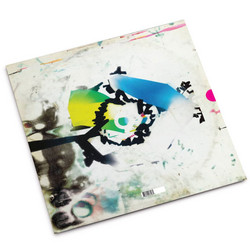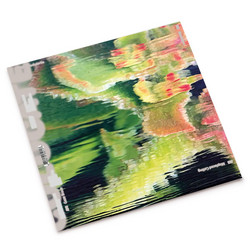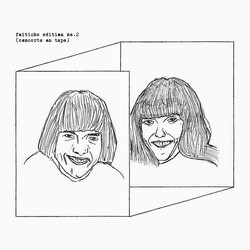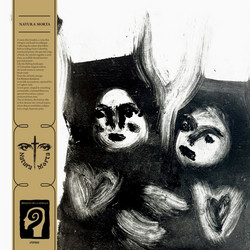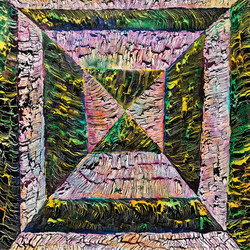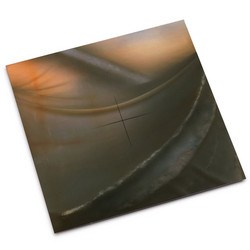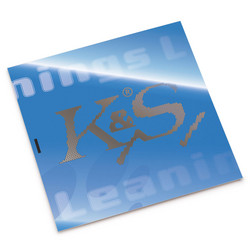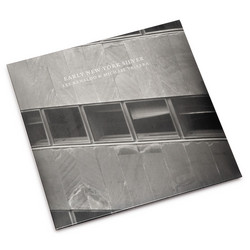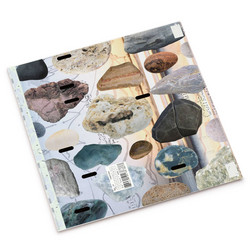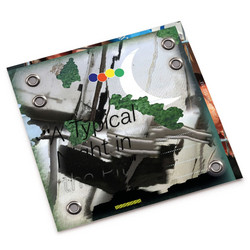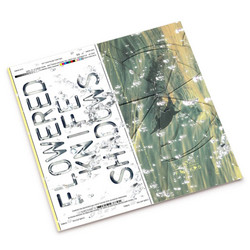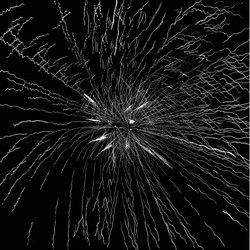New quartet by Samuel Rohrer, Max Loderbauer, Stian Westerhus, and Tobias Freund. In the present era of media saturation, the artist's dilemma has shifted away from the question whether to fuse disparate stylistic elements, towards the decision of which energies to draw upon: a situation most rewarding for those who listen to musicians navigating this limitless terrain. One such journey, the captivating full-length release from Samuel Rohrer's new Kave quartet, is bringing together players who are equally well-versed in the quick-thinking mechanics of free group improvisation and the compositional strategies of contemplative/ "ambient" electronic music. With Rohrer acting as creative director and most of the quartet sharing synthesizer duties, there's a strong sense of unified purpose to this set, and a narrative flow that never causes the listener to focus on one constituent part at the expense of the whole. At the same time, the players know all well that cohesion counts for little without those constituent parts being compelling in their own right.
Rohrer and Loderbauer, for example, have previously crafted a unique techno-organic approach with the Ambiq trio, and the lessons learned from that partnership are put to inspired use within this new configuration. Stian Westerhus's contributions on guitar and vocals, along with Tobias Freund's electronic reinforcements -- Freund also has worked since many years with Max Loderbauer as NSI -- all conspire to make something that Rohrer aptly compares as "forest"-like. It's a descriptor that will have vastly different meanings for each listener. The introductory odyssey "Cambium" the quartet sets out to make good on this metaphor, creating a hypnotic foundation for what is about to unfold during the next 42 minutes, with brooding, slow, "searchlight in a fog," synth washes and percussive stridulation.
The twin "Hibernation" tracks show all the unique elements beginning to coalesce: the emotional tenor is one of vulnerability that melts into the determination of "staring into the void," a temperamental state challenging to represent authentically in music. The atmosphere of psychic challenge effortlessly gives way to the faintly nostalgic glimmers of "Giant Peach" -- a reference to Roald Dahl. The ultimate dissolution of barriers between organicism and synthesis is accomplished on the majestic "Divided We Fall," a title referring to Westerhus's smoky vocalization that winds into a double helix formed from electronic surges.
